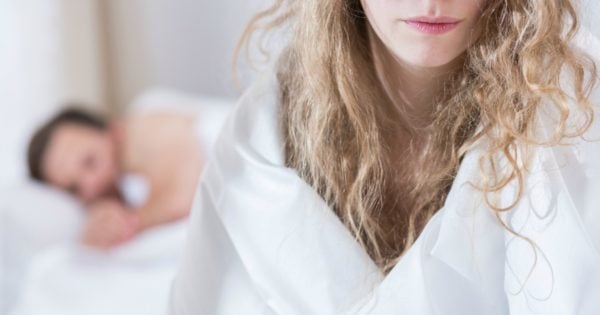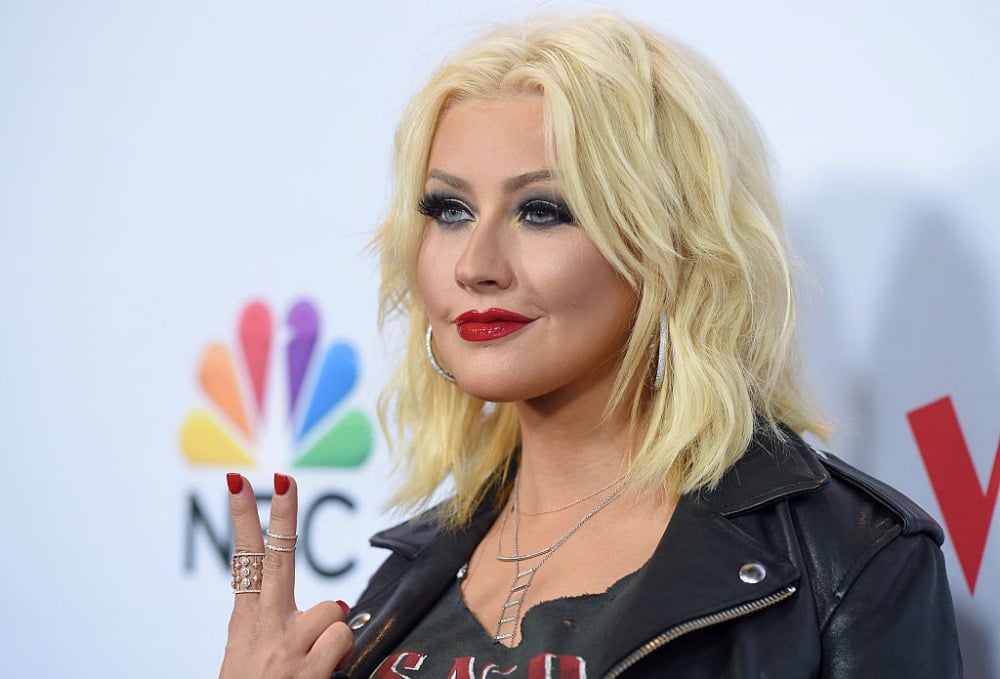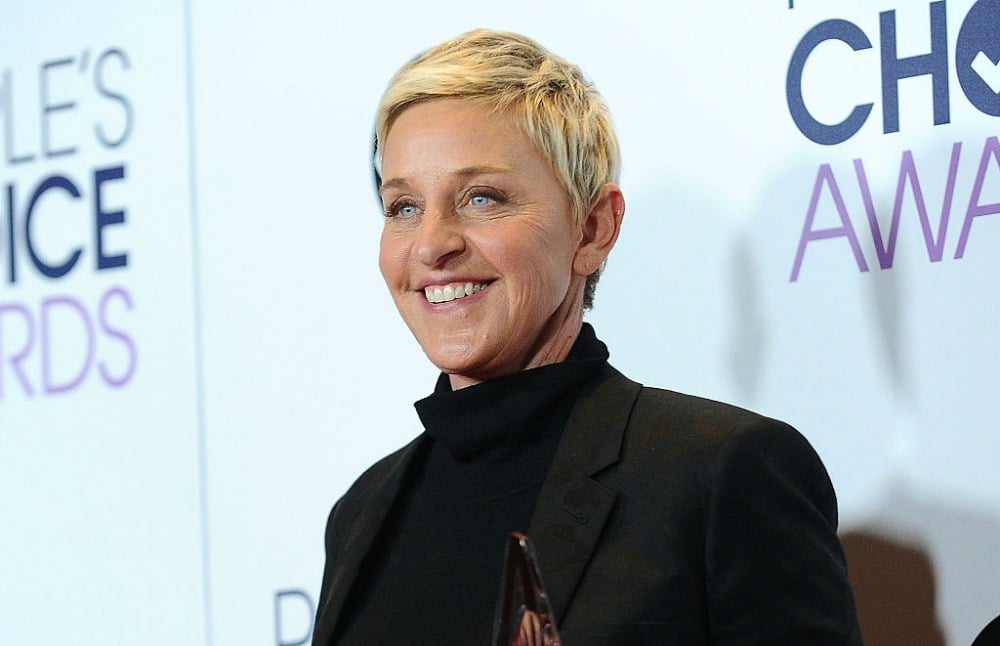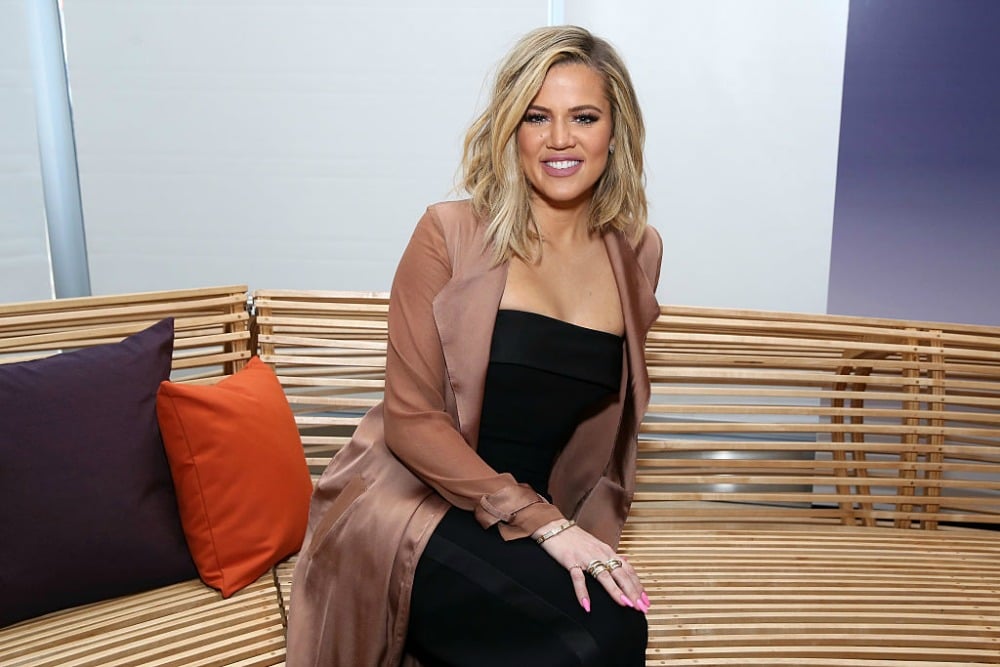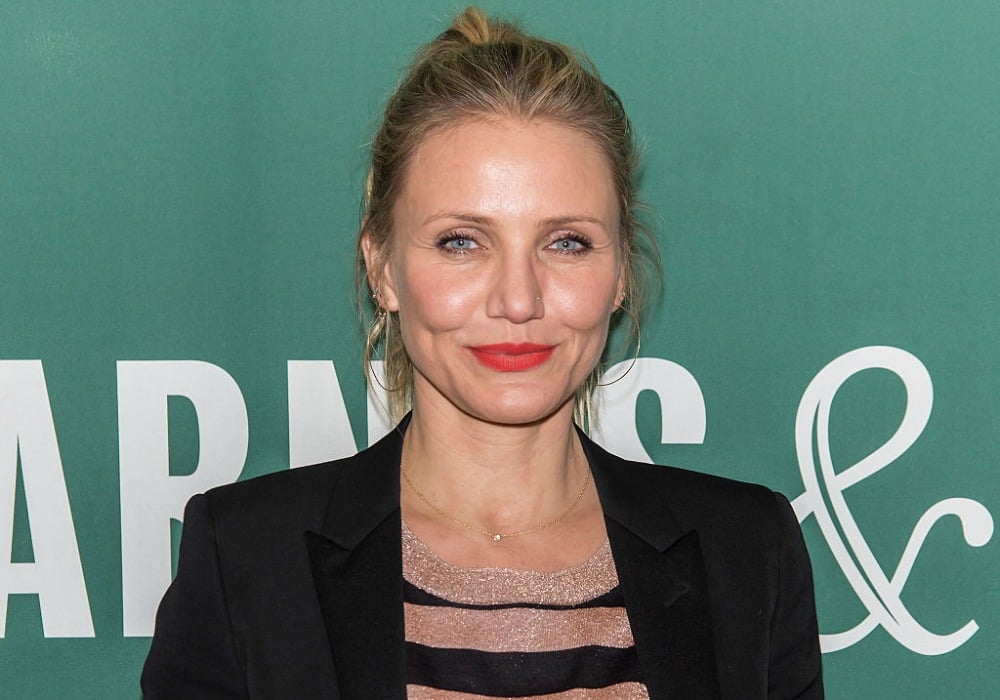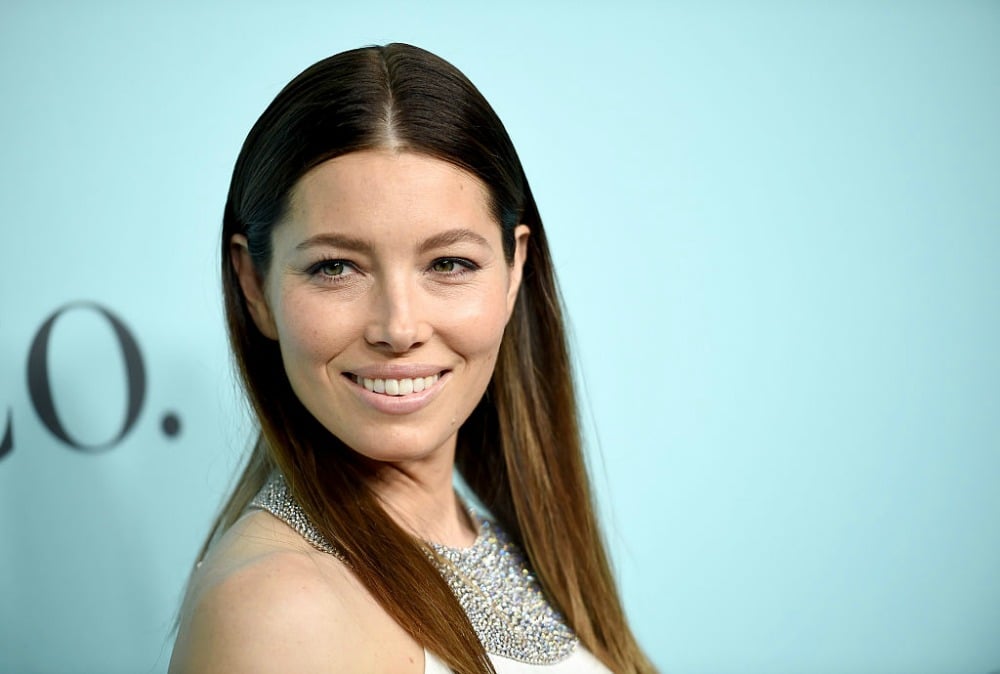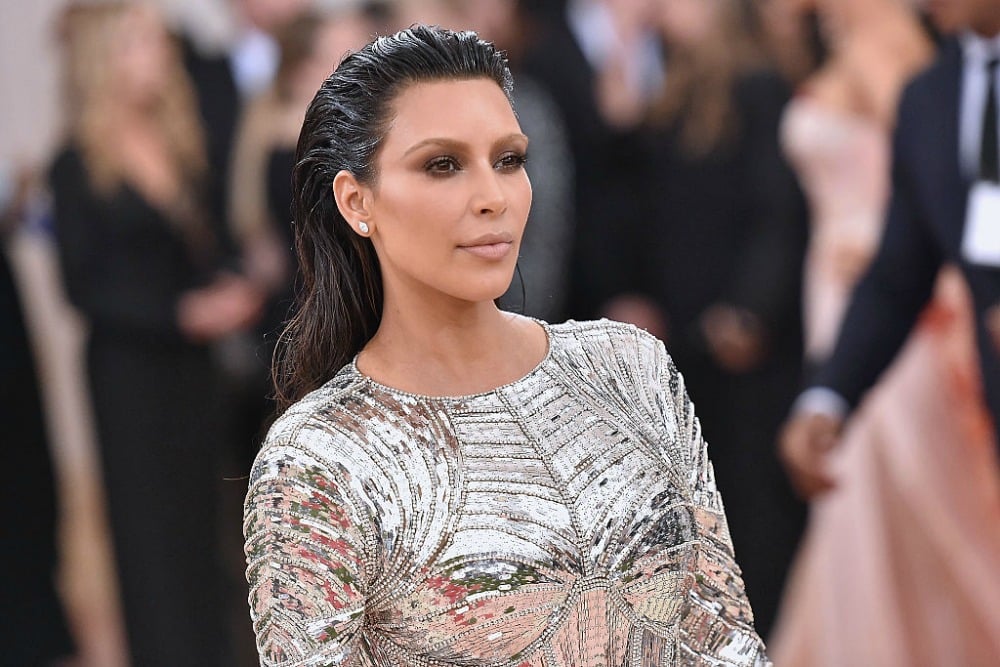On Triple J’s sex show The Hook Up last night, listeners heard a story that will likely hit close to home for many.
“I have absolutely tiny boobs and feel very self conscious about it,” the letter to the show started.
“Particularly because a current partner recently said while we were hanging out ‘You know you have no tits?’. Now I refuse to take my top off when we have sex and it just feels like I have a boys chest.”
Inspiring the show’s conversation of breasts, it quickly became clear she wasn’t the only one to have suffered a major knock to her self esteem thanks to a so-called ‘harmless’ comment.
Listen: Women share their breast stories. Post continues after audio.
For caller Emily, an off-the-cuff comment from a boyfriend affected her so badly, she seriously considered surgery.
“My experience is I was dating a guy a few years ago and he was lovely but he just didn’t understand the pressure that a relationship can put on a woman who is already insecure about my boobs,” she told host Hannah Reilly.
“So I have one breast that is a C cup and one that is an E cup, so it completely skipped two cup sizes. He used to constantly make remarks about it, just kind of lighthearted, but I don’t think he really understood how self conscious I was about it.”
